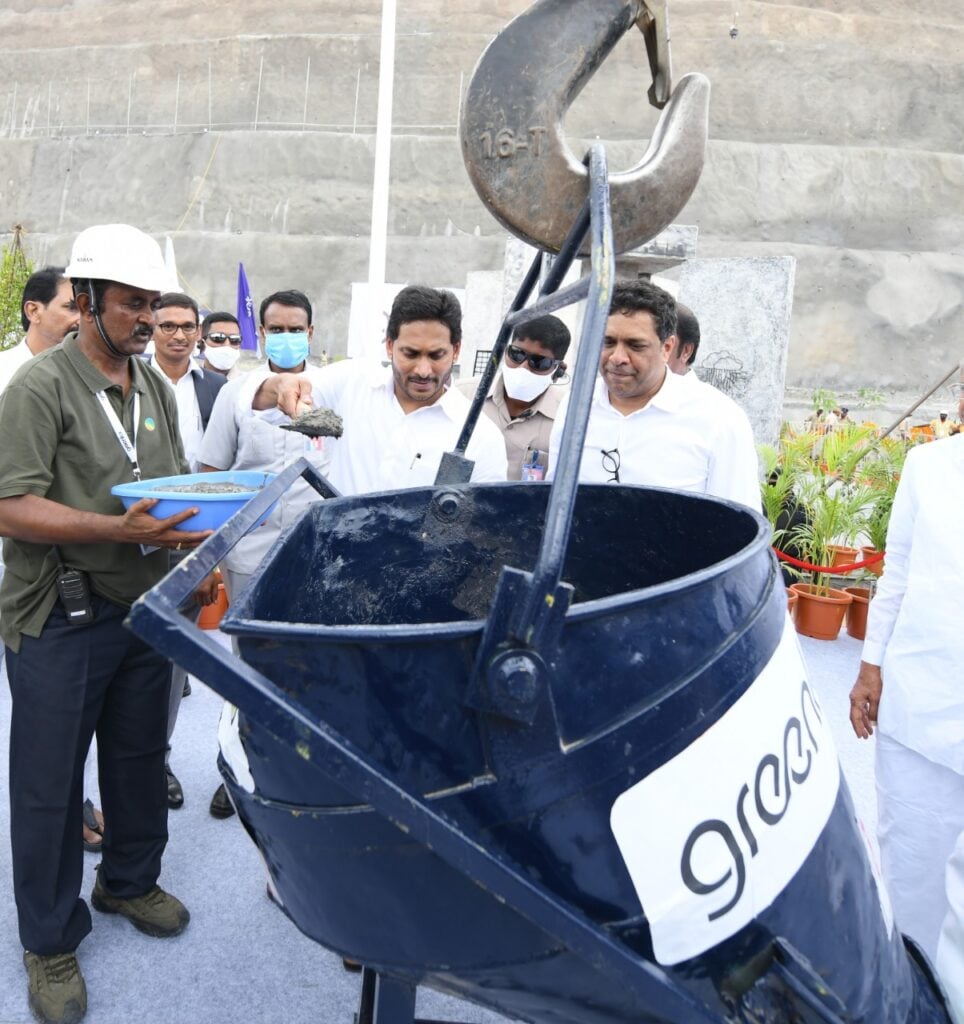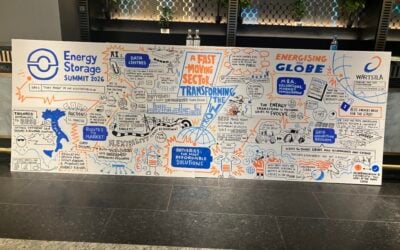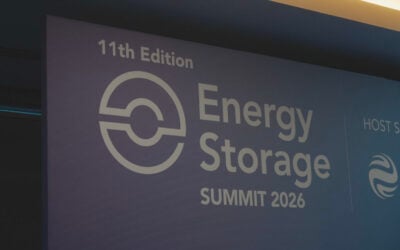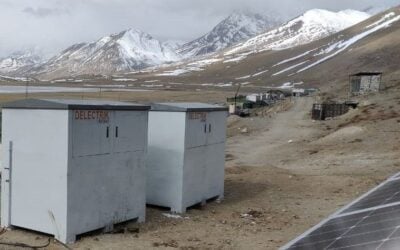
Greenko will provide 1,500MWh of pumped hydro energy storage (PHES) in India to back Serentica Renewables’ round-the-clock renewable energy service for corporates.
Self-described as “India’s first dispatchable renewables company,” independent power producer Greenko is building off-stream closed loop PHES capacity at two sites, one in Pinnapuram, Andra Pradesh and the other at Gandhi Sagyar, Madha Pradesh.
In May, Andhra Pradesh Chief Minister YS Jagan Mohan Reddy ceremonially poured the first concrete at the Pinnapuram site, which will combine 3,000MW of solar, 550MW of wind power and 1,680MW/10,800MWh of PHES. When Greenko won a government tender for the Andhra Pradesh project in 2018, it was considered the lowest cost renewable energy-plus-storage tariff in the world at ₹4.07 (US$0.054).
In September, Greenko appointed global technology services company Andritz as electromechanical works contractor on the Gandhi Sagyar 1,440MW long-duration PHES project.
Try Premium for just $1
- Full premium access for the first month at only $1
- Converts to an annual rate after 30 days unless cancelled
- Cancel anytime during the trial period
Premium Benefits
- Expert industry analysis and interviews
- Digital access to PV Tech Power journal
- Exclusive event discounts
Or get the full Premium subscription right away
Or continue reading this article for free
Greenko has created a business model that the company claimed leverages digital technology platforms, renewable energy resources and PHES to offer dispatchable power from solar PV and wind throughout the day and night, including smoothing out peaks and troughs in solar production during the daytime.
The company has already contracted with a number of off-takers and partners for the offering. That includes a deal with major metals company ArcellorMittal to smooth out 975MW of co-developed renewable generation using the Andhra Pradesh plant. There is also a tie-up with fellow IPP Ayana Renewable Power to offer round-the-clock renewable energy to industrial customers.
The deal with Serentica is along the lines of the latter collaboration. Serentica will combine the Greenko pumped hydro capacity with new-build renewable energy capacity to offer firm, dispatchable renewable power 24/7 to industrial entities and corporates.
Serentica has entered three long-term power purchase agreements (PPAs) already and is developing 1,500MW of wind and solar PV assets in Karnataka, Rajasthan, Maharashtra, and other Indian states, targeting a longer-term goal of building a 5,000MW portfolio of low carbon assets.
Serentica Renewables recently received a US$400 million investment commitment from KKR, the investment fund currently reported to be mulling a half-billion-dollar investment into European lithium-ion battery manufacturing start-up FREYR Battery.
India’s demand for round-the-clock renewable energy
The developments speak to a growing demand for 24/7 renewable power in India. In October, Prime Minister Narendra Modi inaugurated a symbolic flagship project to turn the historic “Sun Temple” town of Modhera into a fully solar-powered town.
In September the Solar Energy Corporation of India (SECI), a government-administered agency, launched a 2,250MW tender for round-the-clock renewables, offering 25-year PPAs to winning projects. That call came just a few days after a subsidiary of state-owned NTPC, one of the country’s biggest power producers, invited expressions of interest (EOI) for its own round-the-clock tender.
And in August, another IPP ReNew Power secured US$1 billion financing for a round-the-clock renewables-plus-storage project, claiming it to be the biggest deal of its kind in India’s energy market history.
Most recently, Ambri, a US start-up behind a novel long-duration liquid metal battery, signed an agreement with Reliance Industries, India’s biggest industrial conglomerate, to investigate using Ambri’s tech for round-the-clock renewables.
Energy-Storage.news’ publisher Solar Media will host the 1st Energy Storage Summit Asia, 11-12 July 2023 in Singapore. The event will help give clarity on this nascent, yet quickly growing market, bringing together a community of credible independent generators, policymakers, banks, funds, off-takers and technology providers. For more information, go to the website.





